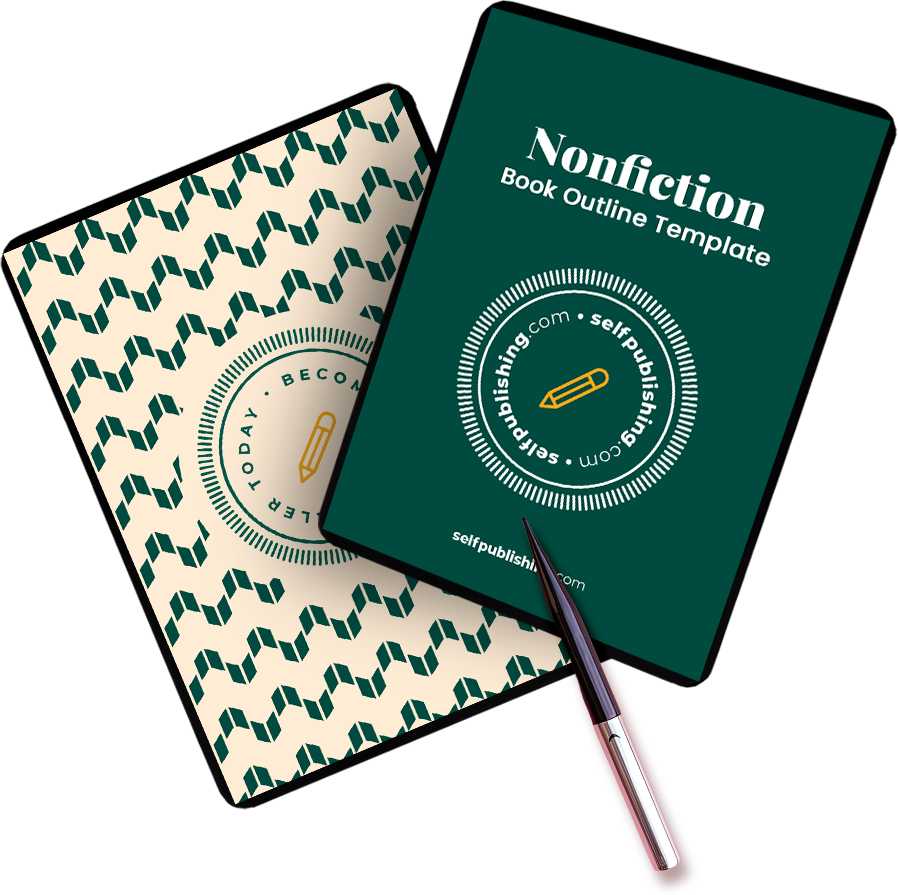So you want to learn more about your favorite influential figure. Should you read an autobiography or a biography about them?
It depends on what you’re looking for!
In this guide, we’ll explain autobiography vs biography and help you choose which one you want to read. We’ll also touch on where memoirs fit in with these genres. Let’s dive in!
The similarities between biographies and autobiographies
Both biographies and autobiographies are written accounts of a person’s life. They typically recount the person’s life experiences, challenges, and accomplishments.
Usually, each of these genres is written in a narrative style. In other words, it uses storytelling techniques to convey information about its subject.
Autobiographies and biographies both feature context about the subject’s life by discussing the time in which the subject lived (or is living), the culture and location in which they live(d), and more.
Like any good story, the best biographies and autobiographies often feature narratives about trials that are overcome and lessons that are learned. They may also focus on the influence and impact of the book’s subject.
Difference between biography and autobiography
The biggest difference between an autobiography and a biography is that an autobiography is written by the subject of the book about their own life, while a biography is written by another person.
For example, actress Lucille Ball wrote an autobiography about her life called Love, Lucy. Meanwhile, an author named Kathleen Brady wrote a biography about Lucille Ball called Lucy: The Life of Lucille Ball.
Here are a few other key differences between the two genres:
1. Different perspectives
Naturally, an autobiography is written from the first-person perspective, which means the author is providing a personalized point of view on their own life.
Meanwhile, a biography is written from a third-person perspective, meaning the author is writing from an external point of view, with limited insight into the subject’s personal thoughts or feelings.
2. Control of the narrative
When someone writes their autobiography, they control which parts of their life story they include and which they omit. They can choose which perspective they share and which parts of themselves they want to spotlight.
Meanwhile, a biography relies on research, interviews and sources to construct a complete picture of a subject’s life. A biographer is likely to be more objective in their presentation of a person—perhaps even including unsavory details about their subject that the subject themselves wouldn’t include.
3. Levels of objectivity
Even the best autobiography will be subjective because it’s based on the author’s personal memories and feelings.
On the other hand, many biographers strive to be more objective in their writing. They tend to consult multiple sources, conduct a variety of interviews, and more to make sure they’re writing an accurate portrayal of their subject.
4. Sources used
Because an autobiographer is writing a story about their own life, their sources will primarily be self-generated. Though they may rely on those close to them, like family members, to verify or recount certain memories they hold.
That said, many autobiographers still need to do research to add context and depth to their life stories, whether that’s learning about the town they grew up in, their family history, or something else.
Meanwhile, biographers rely on archival materials, research, interviews, historical documents, and more to help them write the story about their subject.
5. Writing style
Because autobiographies are more personal, they often reflect the author’s unique writing style and personality. You can use an autobiography template to help map out the structure of your book, but ultimately, the flow and details will be dictated by your personal story.
On the other hand, biographies generally strive to be more objective, with a focus on a cohesive, well-researched narrative. (But to be clear: they can still be very engaging!)
Where do memoirs fit in?
We’ve learned about the differences and similarities between autobiographies and biographies, so where do memoirs fit into the puzzle?
Like an autobiography, a memoir is written by the subject of the book. Both genres tend to focus on the author’s personal life, are written in the first person, and can be highly subjective.
However, where autobiography vs memoir differs is partially in the scope of the book. An autobiography often encompasses most of the author’s life, while a memoir is likely to focus on one specific event, theme, or period in the author’s life.
Memoirs also adhere less to chronological storytelling than autobiographies do. They can jump around in time and tend to be centered more on themes, reflection, or specific, impactful moments in the author’s life.
In summary, you can think of memoirs as even more personal than autobiographies, focusing on a selected part of the writer’s life. They’re also more likely than autobiographies to be written by folks who aren’t famous.
Related: Examples of Memoirs
Final thoughts
While biographies, autobiographies and memoirs all tell a subject’s life story, they do it in different ways. The type of genre you’d like to read (or write) will be contingent on what you’d like to learn about your chosen subject.
If you’re interested in writing your own memoir, autobiography or memoir, we can help you do it. Simply schedule a book consultation to get started.


